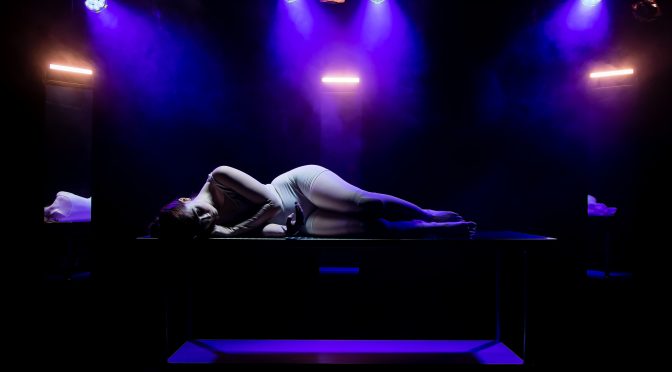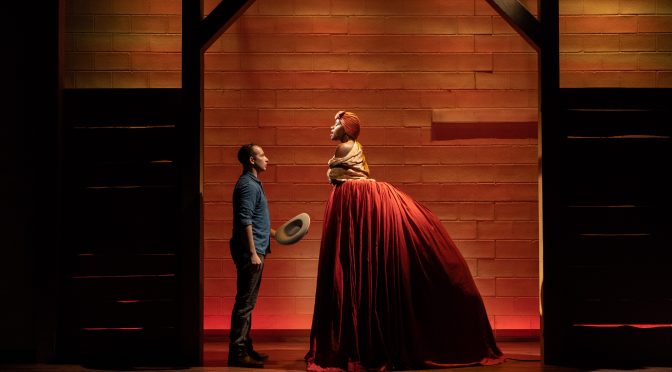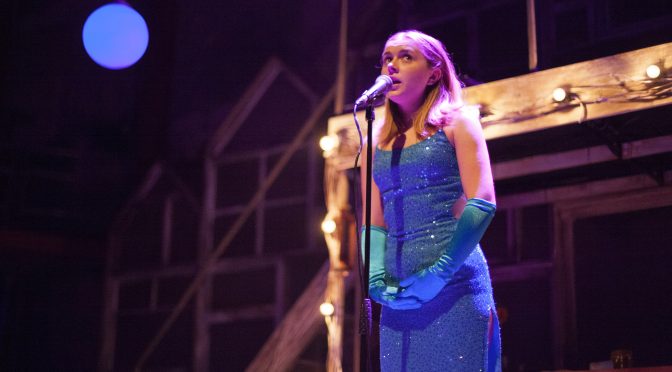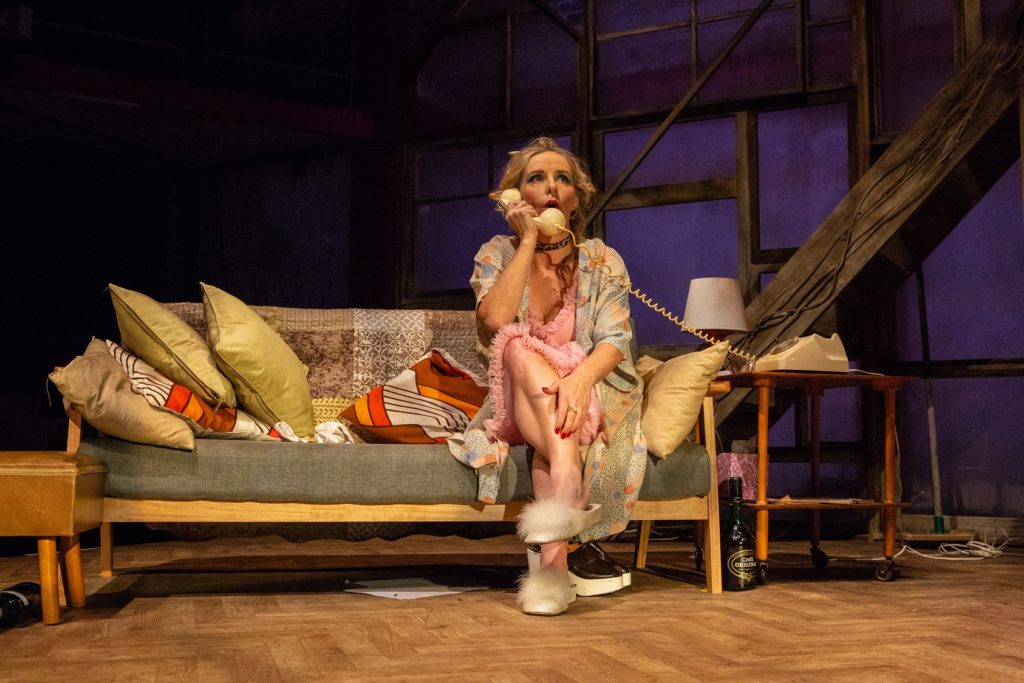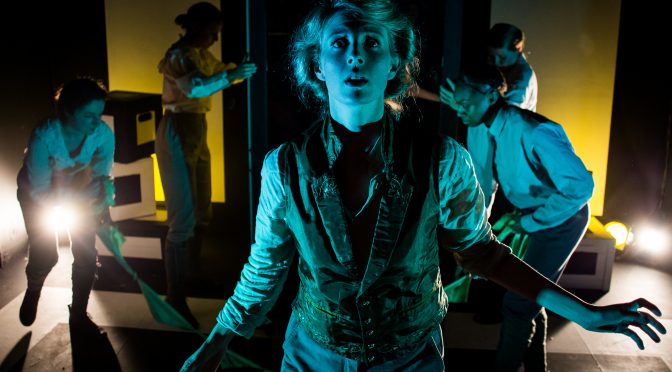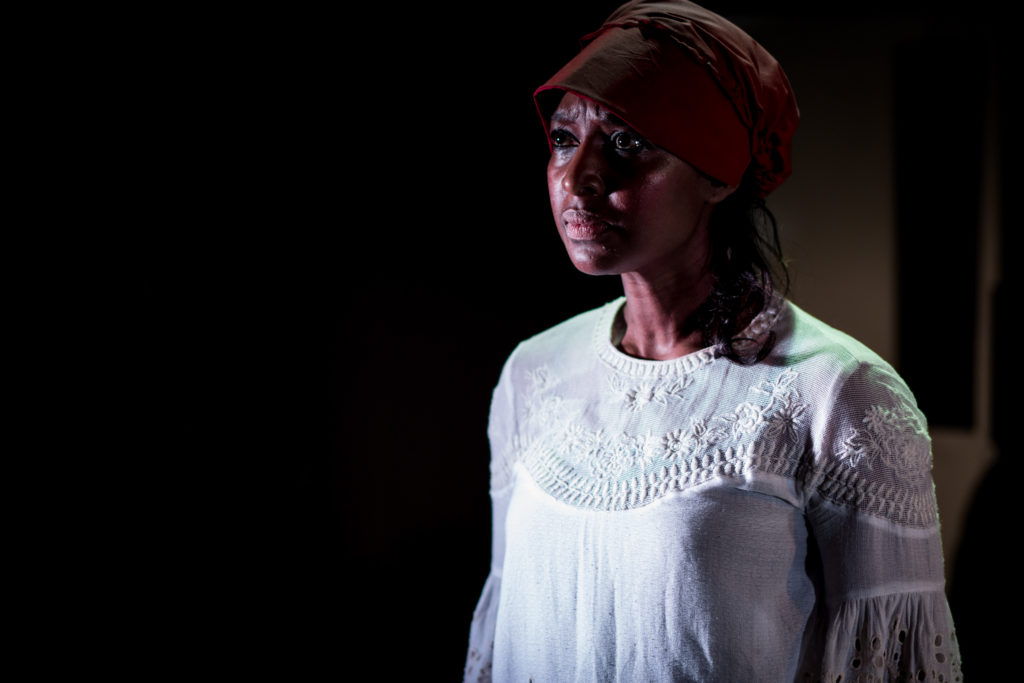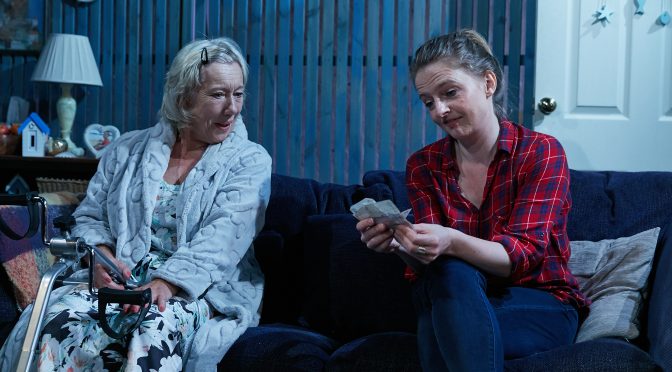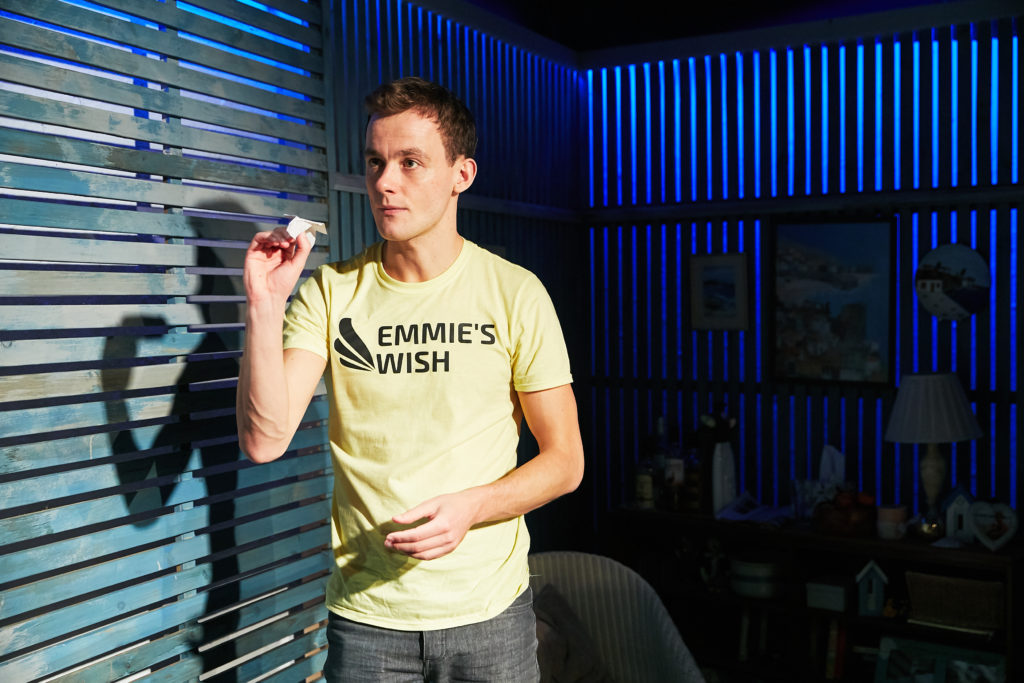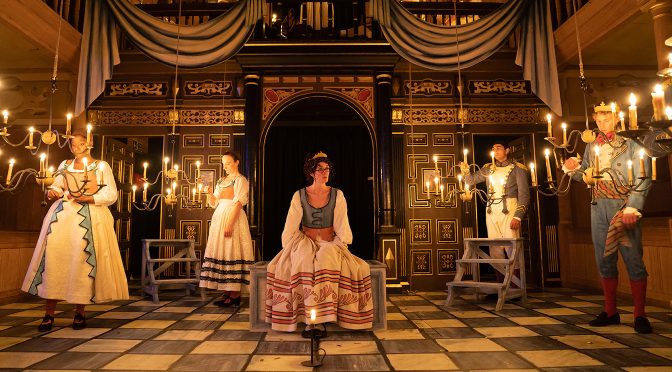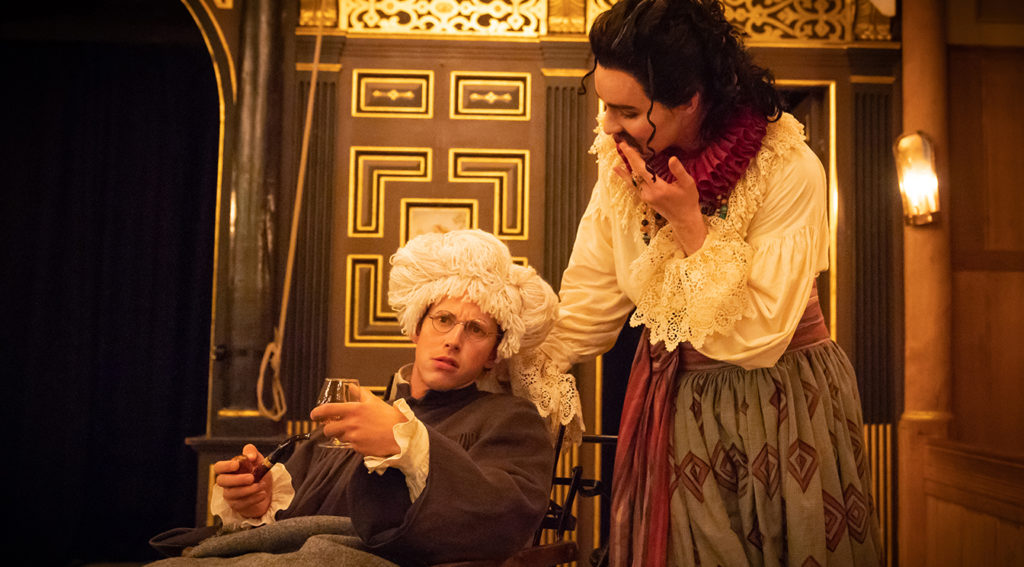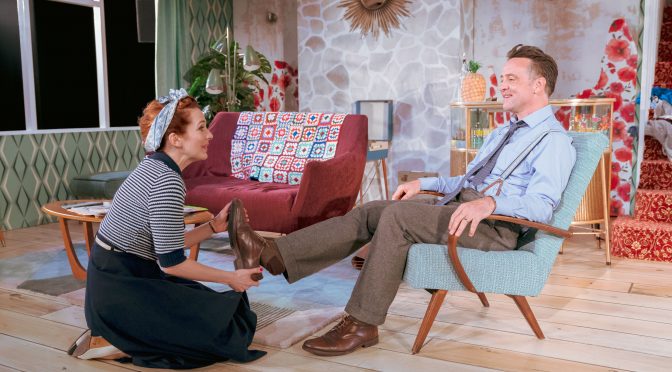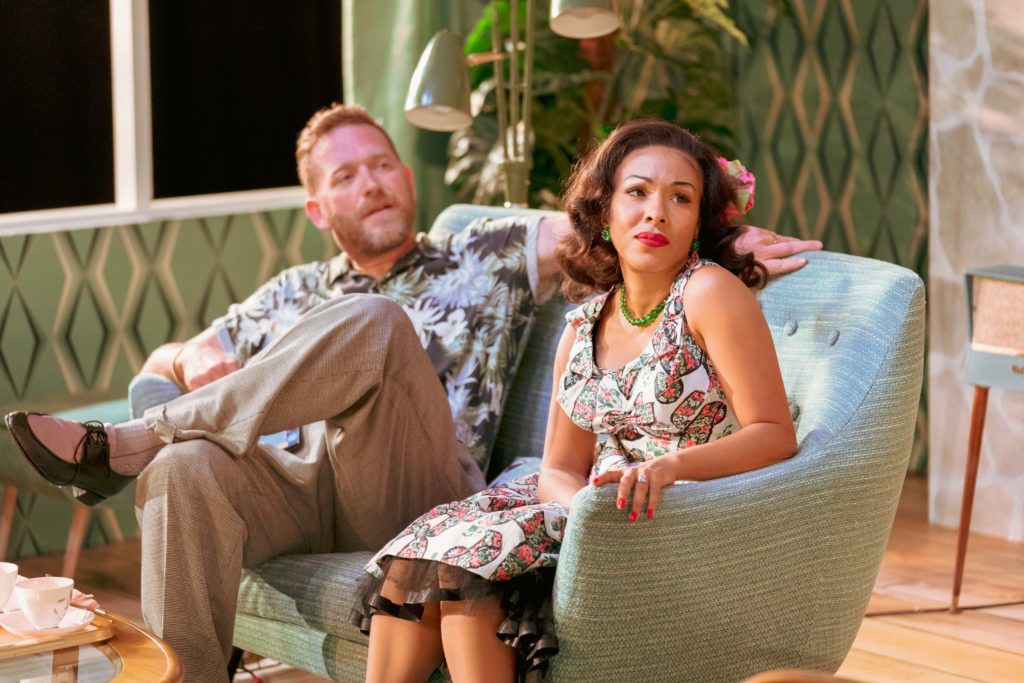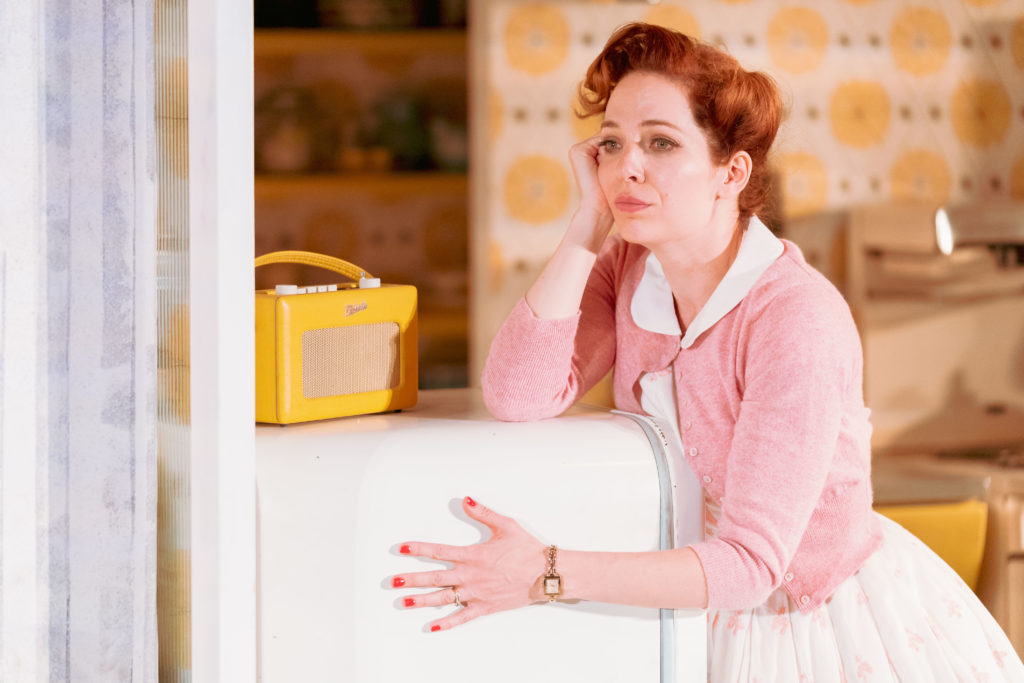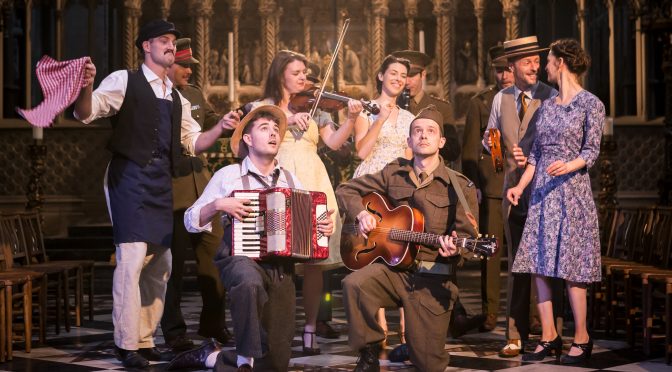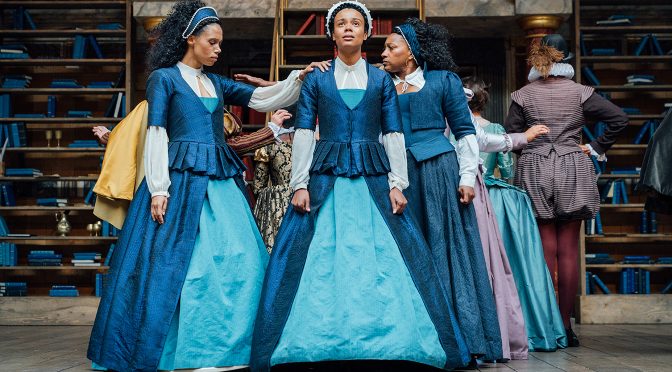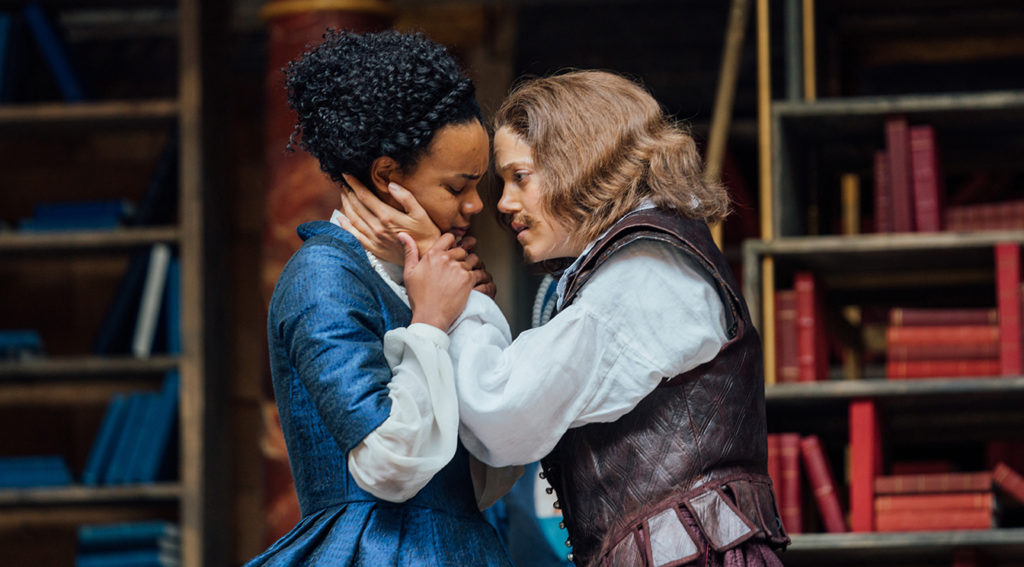It’s peculiar to see a play that is powerful, deals with important issues and is brilliantly performed yet still requires that people should think seriously before watching it. But dealing with suicide in such a frank, indeed brutal, manner, no matter how well intentioned this project from Millie Thomas and her director Sara Joyce is, needs to be approached with caution.
Thomas is both writer and performer. As the former, her device is to present the character of Alice, who after a long battle with mental health has taken her own life, as a ghost. The idea stumbles at times; so close to some existential thought experiment it proves a distraction. Alice’s increasing confusion about her state forms an oppressive undertow to the play. But using the suicide’s frequent fantasy dispels the myth that people are seriously motivated by selfishness or a form of revenge when they act so desperately. And Thomas’s characterisation is carefully planned – Alice is not a sympathetic creation. A touch too generic a Millennial, she shocks with her sexual frankness and is basically spoilt. Care is taken avoid any “reason” for Alice’s depression – there’s no backstory of trauma or tensions in her young life. It’s a lesson I wish I’d been taught years ago as I struggled not to dismiss the condition of a bright and beautiful friend with no “cause” to suffer. A wicked sense of humour and intelligence aren’t enough to stop you being angry at Alice. It all adds up to a performance that is uncomfortable and confrontational. Joyce embraces the fits and starts in the script, making Dust remarkably unforgiving and consistently interesting.
It is as a performer that Thomas truly excels. Taking on the roles of friends and family who Alice visits, she switches genders and ages with astonishing speed. We instantly know which character she is depicting. The delivery is faultless. It’s only at the end that Thomas’s judgement might be questioned. After reliving the tragedy from not one but multiple perspectives – with so much sadness and anger it is exhausting – Thomas cuts short the clapping to appeal for The Samaritans. In keeping with her spirit, here’s a link. But Thomas is wrong to curtail the applause for herself – I’ve seldom seen a performance that deserves it more.
Until 13 October 2018
Photo by Richard Southgate

